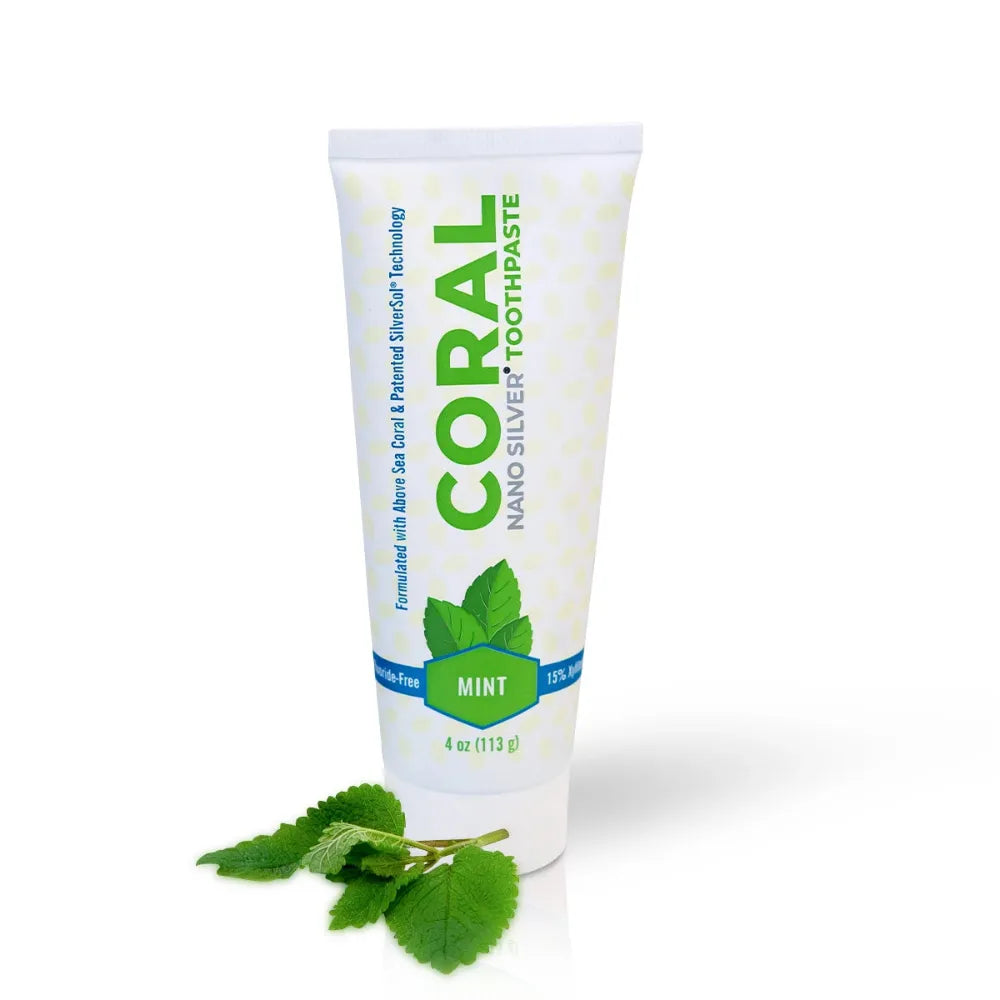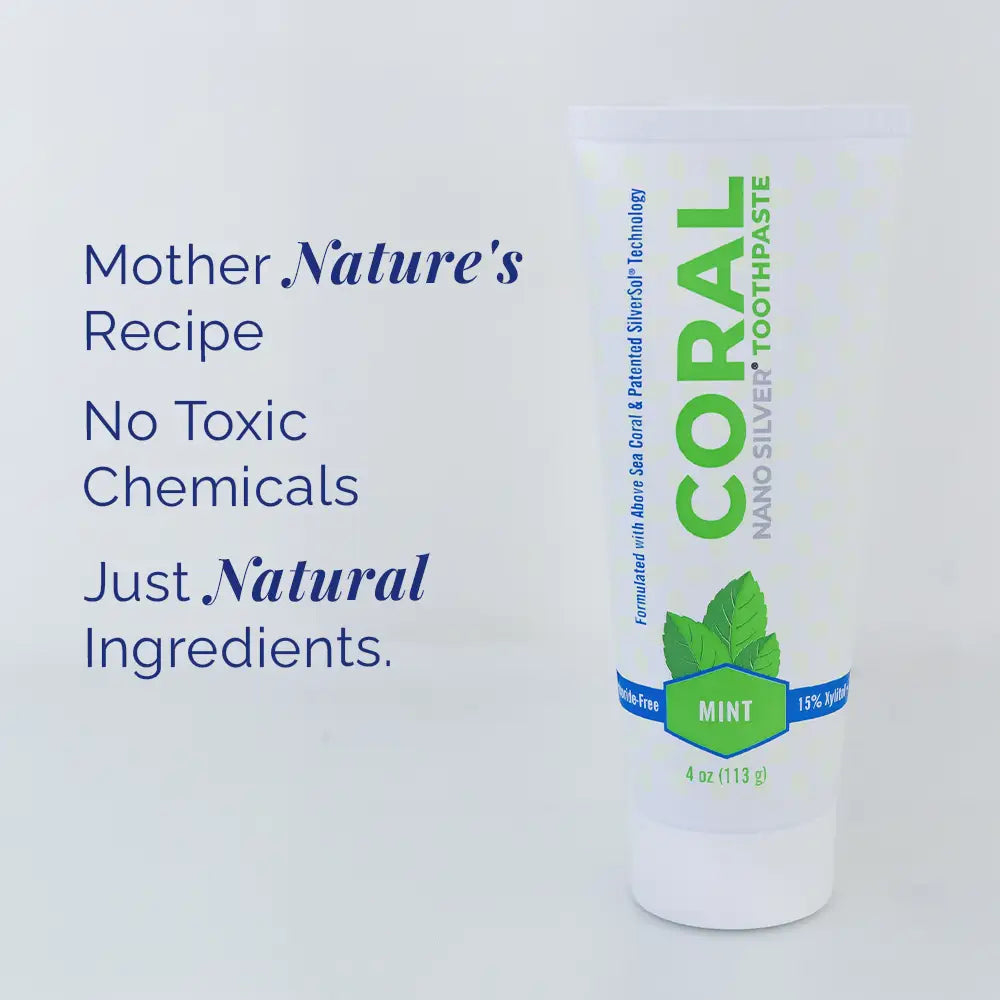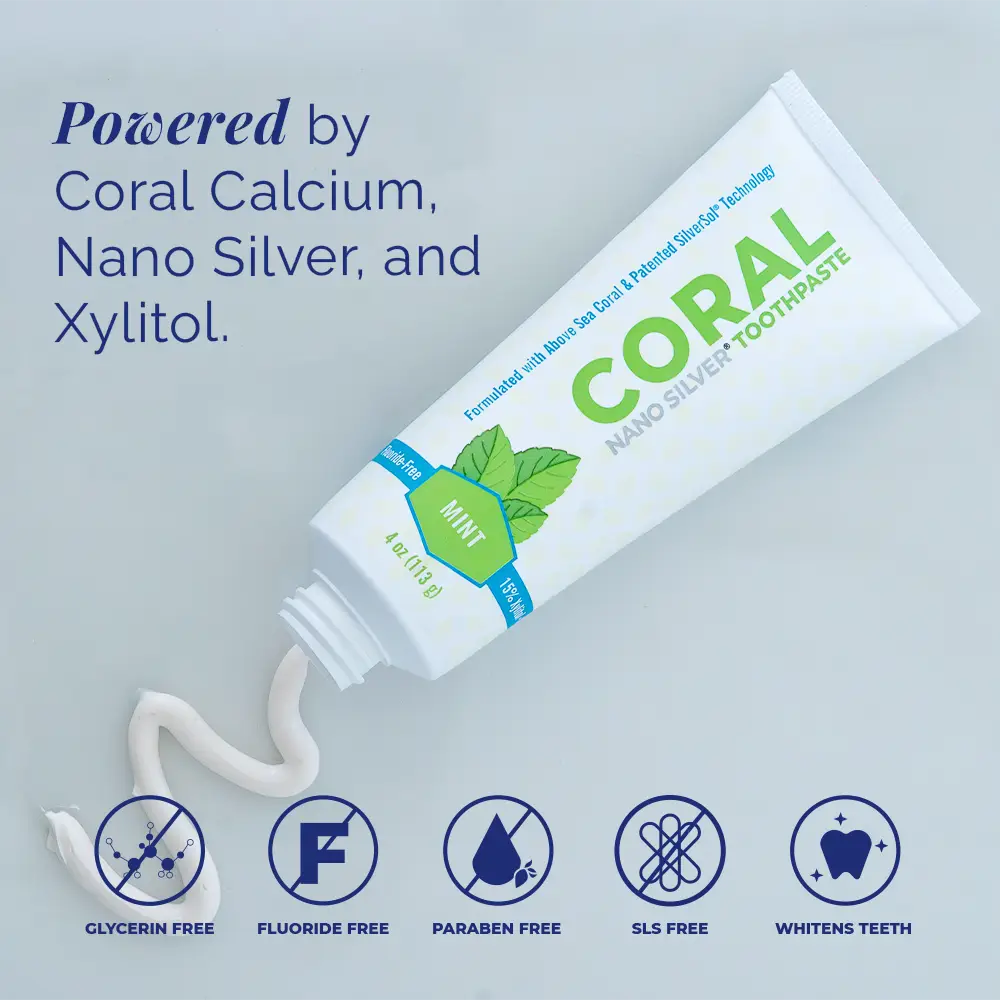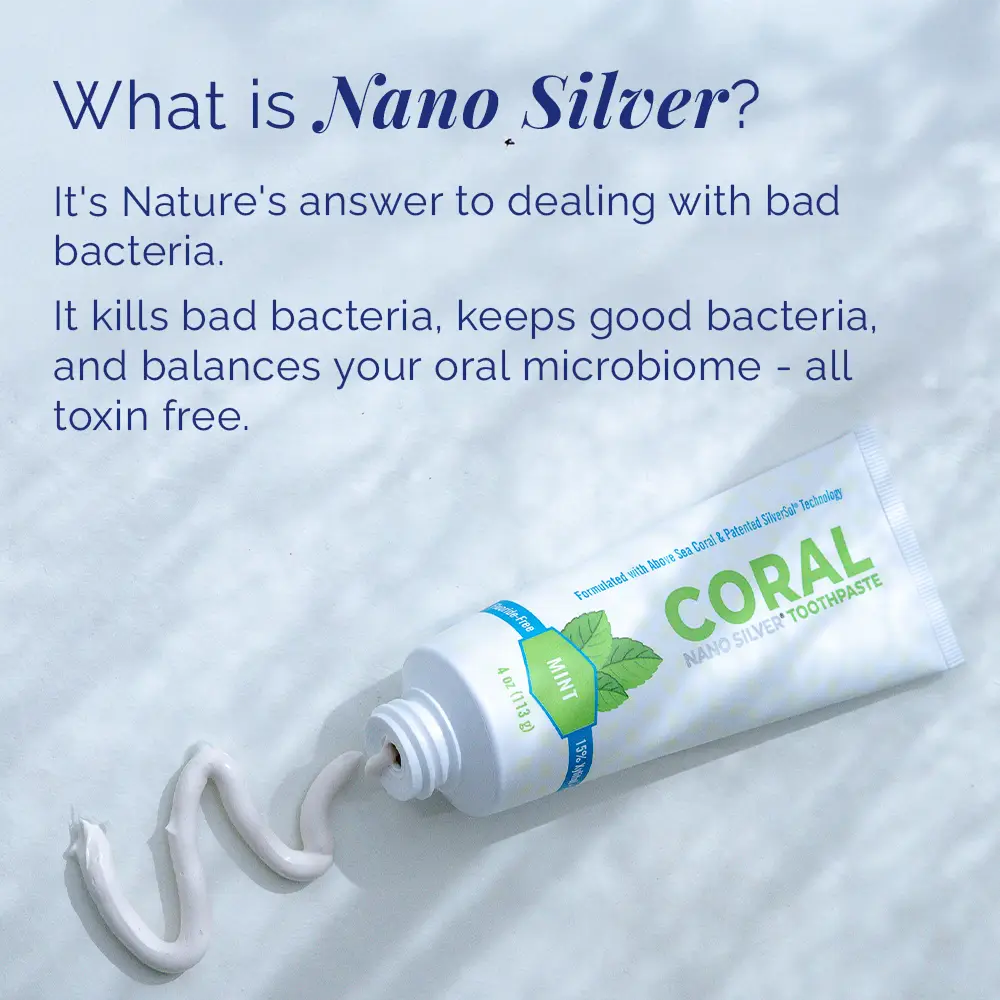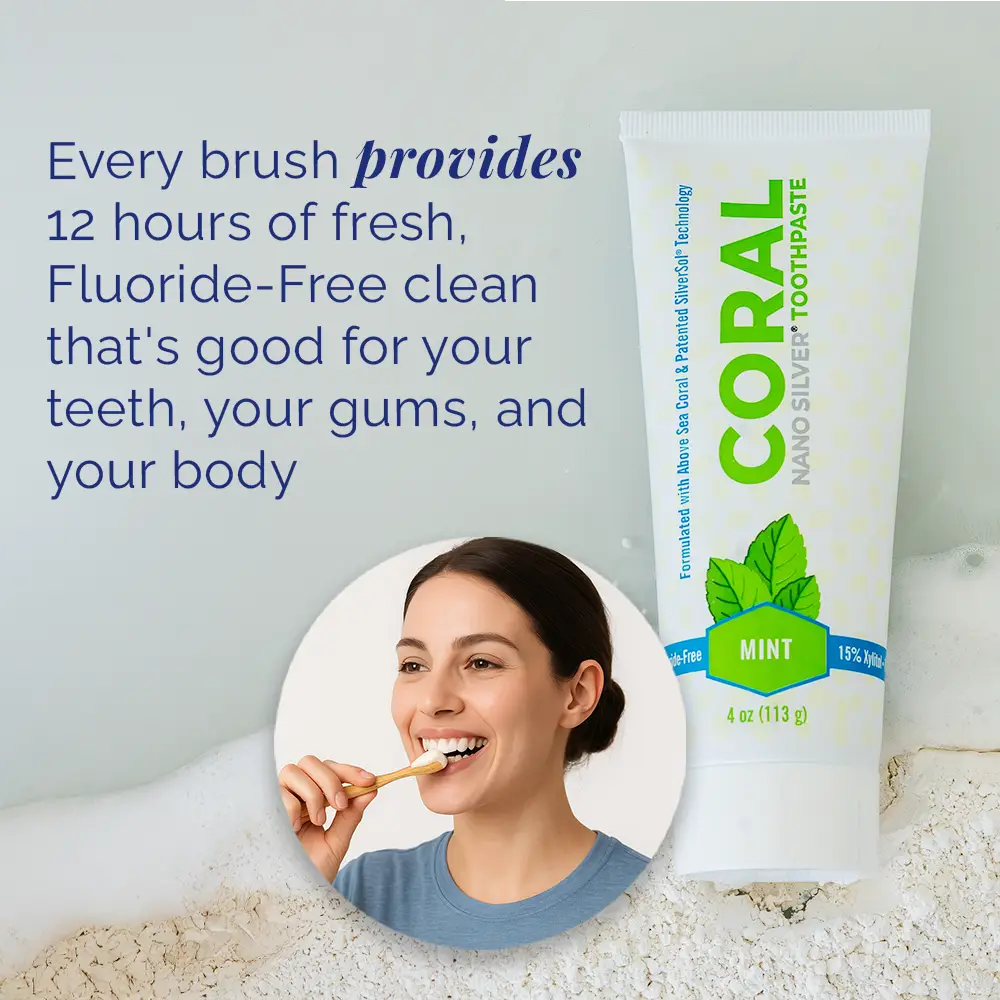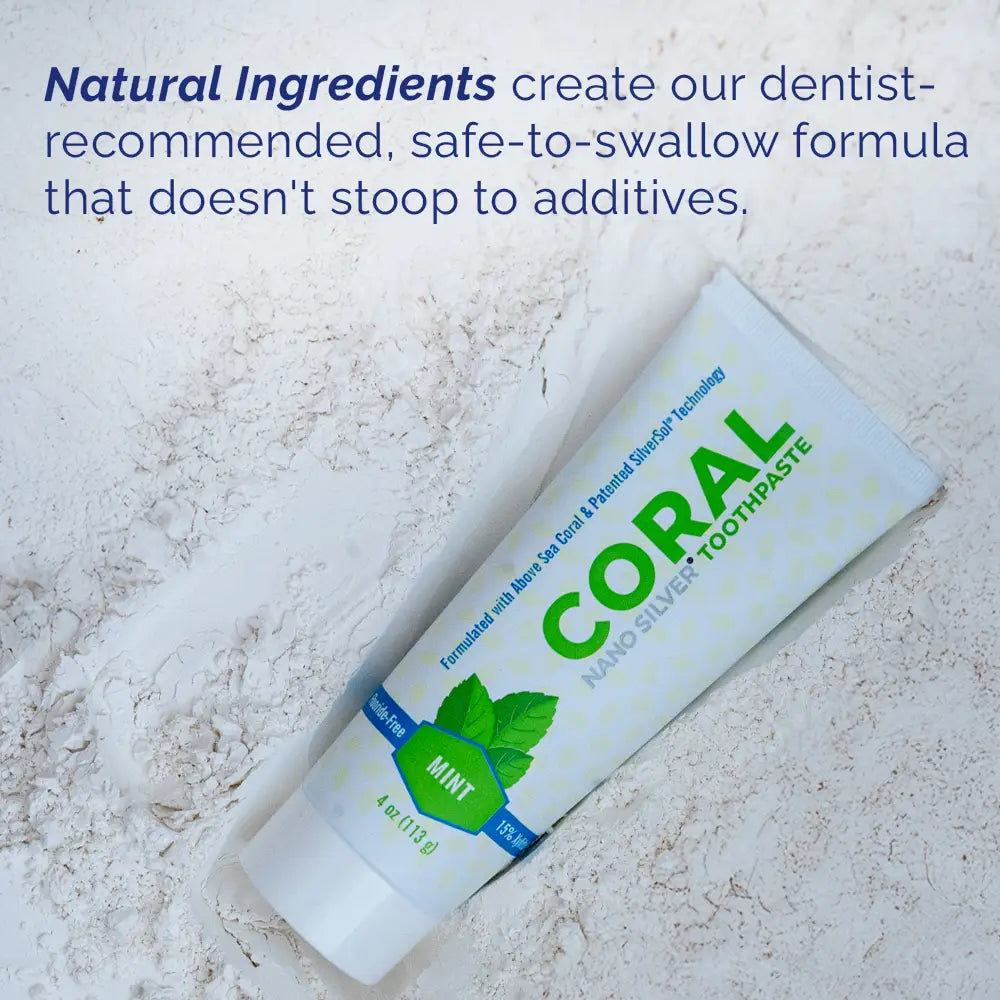Xylitol Toothpaste: Benefits, Safety, and How It Compares to Sorbitol
Toothpaste ingredients play a crucial role in oral health, but not all sweeteners are created equal.
Xylitol toothpaste has gained popularity for its cavity-fighting properties, but how does it compare to sorbitol, another common ingredient in dental care products? In this guide, we’ll break down the differences between xylitol and sorbitol, their effects on teeth, and why xylitol toothpaste is a growing choice for oral hygiene.
What Is Xylitol?
Xylitol is a naturally occurring sugar alcohol found in fruits, vegetables, and even the human body. Unlike regular sugar, xylitol does not contribute to tooth decay. Instead, it has been widely studied for its ability to prevent cavities by reducing harmful bacteria in the mouth.
How Xylitol Works in Toothpaste

Reduces Harmful Bacteria
Xylitol interferes with the growth of Streptococcus mutans, the primary bacteria responsible for cavities. Unlike sugar, which fuels bacterial growth, xylitol starves these bacteria, leading to less plaque and acid production.

Promotes Saliva Production
Xylitol stimulates saliva flow, which helps neutralize acids and remineralize enamel. This makes it especially beneficial for people with dry mouth (xerostomia).

May Strengthen Enamel
Some studies suggest that xylitol enhances enamel remineralization by increasing calcium and phosphate absorption.
What Is Sorbitol?
Like xylitol, sorbitol is a sugar alcohol commonly used as a sweetener in toothpaste and sugar-free gum. However, it does not provide the same oral health benefits as xylitol.
How Sorbitol Works in Toothpaste

Mild Sweetener & Moisturizer
Sorbitol helps maintain toothpaste texture and prevents it from drying out.

Less Effective Against Cavities
Unlike xylitol, sorbitol is fermentable by oral bacteria, meaning it can still contribute to plaque buildup, though less than regular sugar.

Common in Mainstream Toothpaste
Many conventional toothpaste brands use sorbitol as a base ingredient because it is more affordable than xylitol.
Xylitol vs. Sorbitol: Key Differences for Oral Health

Which One Is Better for Your Teeth?
If cavity prevention is your priority, xylitol toothpaste is the better option. It actively fights the bacteria that cause tooth decay, whereas sorbitol does not provide the same protective benefits.SORBITOL
Is Xylitol Safe?
Xylitol is considered safe for humans and has been approved by the FDA as a food additive. However, it's essential to note:
• Digestive Sensitivity: In large amounts, xylitol may cause mild digestive issues, such as bloating or gas.
• Toxic to Pets: Xylitol is highly toxic to dogs, so be sure to keep xylitol-containing products away from pets
How to Use Xylitol Toothpaste for Maximum Benefits
To get the most out of xylitol toothpaste:

Brush Twice Daily
The American Dental Association recommends brushing for two minutes, twice a day with a fluoride or remineralizing toothpaste.

Use Xylitol-Containing Gum or Mints
Chewing xylitol gum after meals can help maintain oral pH and reduce bacteria between brushings.

Look for Clinical Strength Xylitol
Some toothpaste brands include higher xylitol concentrations for maximum cavity-fighting effects.
The Future of Xylitol in Oral Care
Research continues to support xylitol toothpaste as an effective tool for cavity prevention and overall oral health. While sorbitol remains a common ingredient, xylitol’s antibacterial properties set it apart as a game-changer in modern dental care.
For those looking to improve their oral health naturally, choosing a toothpaste with xylitol over sorbitol may be a simple yet effective step toward a healthier smile.
Frequently Asked Questions (FAQs)
1. Does xylitol replace fluoride in toothpaste?
No, xylitol and fluoride serve different purposes. Xylitol reduces cavity-causing bacteria, while fluoride helps strengthen enamel and prevent decay. Xylitol enhances remineralization by stimulating saliva production, which is rich in minerals. Many toothpaste formulations include both.
2. Can I use xylitol toothpaste if I have sensitive teeth?
Yes! Xylitol is non-abrasive and can be found in gentle formulations suitable for sensitive teeth.
3. Is xylitol toothpaste safe for children?
Yes, but supervision is recommended to ensure children do not swallow large amounts of toothpaste.
Final Thoughts
If you're looking for a toothpaste ingredient that actively fights cavities and promotes oral health, xylitol toothpaste is a smart choice. Compared to sorbitol, xylitol offers unique antibacterial benefits that make it stand out in modern dental care.
By incorporating xylitol toothpaste into your routine, you can take a proactive approach to maintaining a healthier, cavity-free smile.


